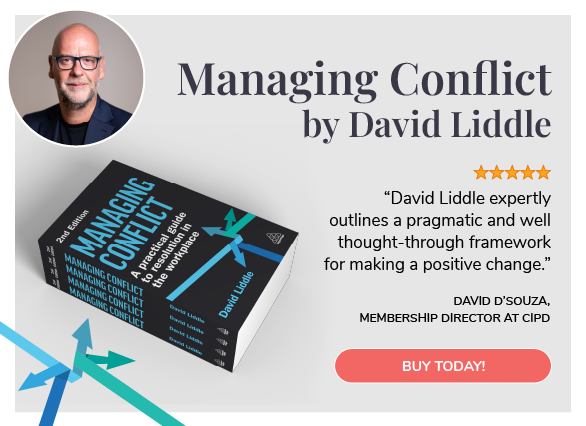
Share article:
Tags:
In light of our 20th-anniversary celebrations, We’ve been reflecting on our personal experience, and the many investigations cases we’ve conducted here at TCM. In support of those looking to improve the way they conduct their cases (and of course fitting to the ‘20’ theme), We wanted to share our top 10 ‘do’s’ and top 10 ‘don’ts’, when it comes to conducting workplace investigations in a fair, robust and of course, timely manner.
TCM’s top 10 ‘Do’s’
- Define your terms of reference – understand what you are being asked to investigate.
- Understand what the complaint/allegation is – if you need clarity, this will help you frame your interview with the complainant.
- Make sure you have reviewed the relevant internal policies and procedures and, where applicable, legislation. You need to follow these to ensure that your investigation is technically sound.
- Gather all relevant evidence promptly – Digital evidence, in particular, may have a limited timeline of availability.
- Prioritise who you need to interview – time affects our ability to recall events so time is of the essence.
- Conduct your interviews in an open and engaging manner – you will need to structure your interview to gather as much detail as possible without leading or influencing the witness.
- Remain objective at every aspect – interviews, reviewing of evidence and reaching your findings have to remain objectively based and unbiased.
- Be thorough – but remember that a workplace investigation only has to be reasonable not forensically perfect.
- Be aware of emotions – you will be asking people to relive and recount events that may have been traumatic and evoke strong emotions.
- Make your findings based on the evidence available to you at the time of your investigation and on the balance of probabilities – do you have a genuine belief, based on the evidence, that the incident was more likely than not to have occurred?
And our top 10 pitfalls to avoid (or ‘Don’t’s’)
- Do not be led by others – the investigation is your responsibility, don’t allow others to influence your approach, who you interview or your findings.
- Do not allow your own, or others, bias to influence your investigation. Be aware of your own biases and ensure that you remain objective and fair – gain peer review if in doubt.
- Do not be unreasonable – whether when organising interviews or getting evidence, remember that you need to be flexible.
- Do not take anything at face value – Assume nothing, believe nothing, challenge everything[1].
- Do not fail to follow your organisations policies – many a case fails at Employment Tribunal because policies have not been adhered to.
- Do not interrogate your witnesses – you are conducting a fact-finding investigation and need to create an engaging interview to gather as much information as possible.
- Do not overlook or discount evidence without good reason – discounting potentially important information will jeopardise your findings and damage your reputation as an objective and competent investigator.
- Do not make judgement – your role is to determine if there is a case to answer or not, you are the investigator, not judge, jury and executioner.
- Do not rush your report, it needs to clearly articulate how you reached your findings, reflective of the evidence that you have received.
- Do not assume. Everything you base your investigation on must be reflected within the evidence that you have obtained throughout your investigation and based upon a genuine belief on the balance of probabilities.
There we have it. There are of course many more best practice tips that your investigators should follow, and also further pitfalls to avoid. For the greatest chances of getting your investigations right first time, I would always advise considering working with an external provider. Here at TCM, we have a world-class pool of investigators who can prioritise your case and conduct it fairly. (Or train your own staff to do the same.)








